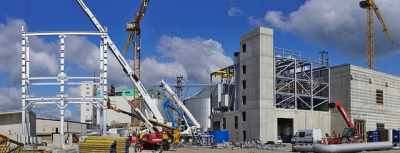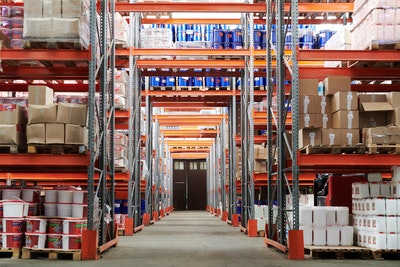Coping With The Changeable Nature Of The Construction Industry

When you start a construction business, you may not be aware of just how fickle the industry can be.
Construction seems like such a reliable, dependable area of business to investigate, but you will soon learn that it’s far more changeable than it appears.
Building on rock-solid foundations might be possible for the projects you work on but isn’t always possible in terms of your business strategy.
Why is the construction industry so subject to change?
The biggest issue that faces construction firms is projected cancellation. Other companies go out of business, lose money, or change their mind on their construction requirements.
The first time this happens to you as a business owner, it will feel like the end of the world; but over time, you’ll soon learn that this is just the nature of such a high-value industry. Minds get changed, circumstances alter, and projects are canceled with little warning.
As well as this, the construction industry is subject to the one thing that is outside of everyone’s control: the weather. Bad weather can bring a project grinding to a halt, potentially for months, meaning that flexibility is one of the most important qualities a construction company can have.
The final reason for why the construction industry is so changeable is that it is subject to a huge amount of regulation.
Construction is dangerous, which tends to mean the industry is constantly having to adapt to new governmental regulations and oversights. This can be anything, from switching to a different type of harness to changing your entire way of running a site.
Due to this, your relationship with your industrial safety officers is one of the most important relationships in your business, so you can always be confident that your company is adhering to every small rule change and alteration.
What can be done about it
It’s one thing to know that the construction industry is changeable; it’s quite another to figure out exactly how you can cope with these elements and still keep your business afloat.
You need a contingency plan
Every time you plan a project, you have to have a contingency plan in place. What happens if the project doesn’t happen? Can you cover your costs?
Do you have the requisite insurance in place? Setting a contingency for every project may sound time-consuming — and it is — but it’s also an undeniable necessity.
If things don’t work out as you expect, then you’re going to be glad you have already strategized your coping mechanisms and can implement them immediately.
Be honest with clients
When your firm is hired, it’s vital that you avoid over-promising and under-delivering. Take the time to explain the whims of the weather and how they affect the construction industry, and avoid making guarantees of completion dates.
You might be concerned that this will make your business seem unreliable, but this isn’t the case; it will actually make it clear you take your word seriously and can be trusted to be honest about any challenges you may face.
Prioritize safety above all else
Adhering to laws and regulations is an essential in the construction industry, especially due to the changing nature of the world around us. While health and safety can feel like a burden on an already time-poor business environment, avoiding these issues could be the death knell to your ability to operate.
The above should give you a good idea of the challenges construction companies have to face, as well as an idea of how to best run your business in such a changeable environment. Hopefully, you have found it helpful.






